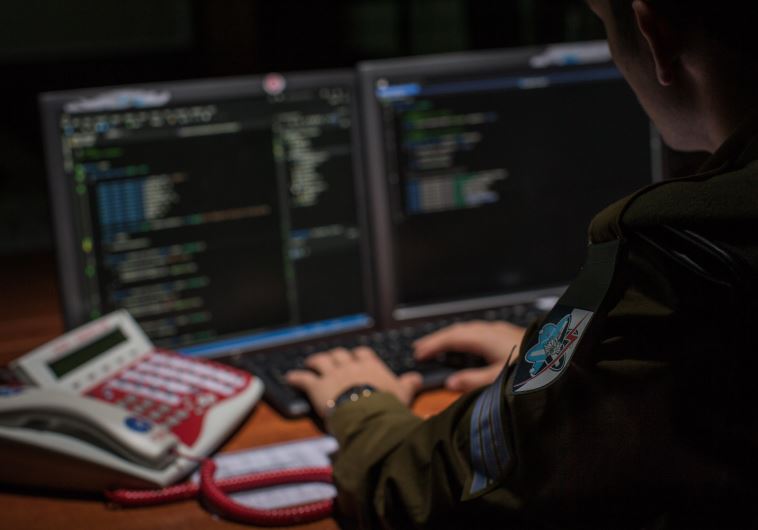Defense Ministry working to turn high schoolers into cybersecurity wonks
The program at Ort High School Holon helps to develop the next generation of online soldiers for what is one of the IDF’s highest demanded units.
 C4i Branch's Cyber Control Center(photo credit: IDF SPOKESMAN’S UNIT)Updated:
C4i Branch's Cyber Control Center(photo credit: IDF SPOKESMAN’S UNIT)Updated: